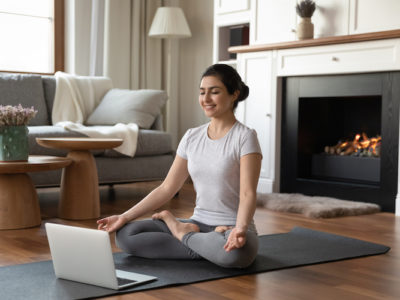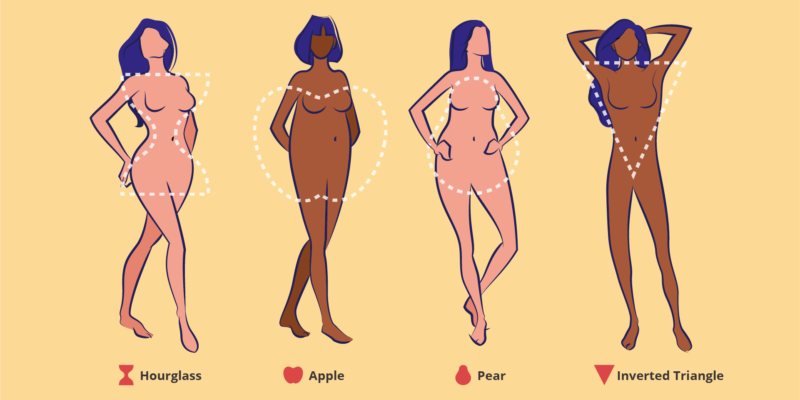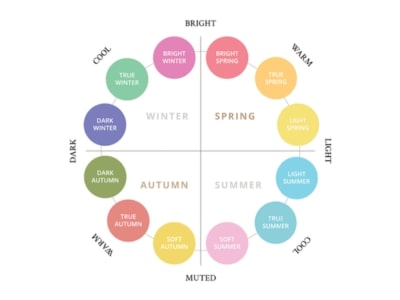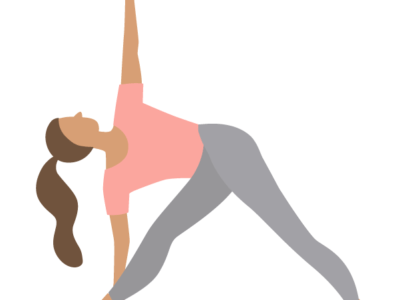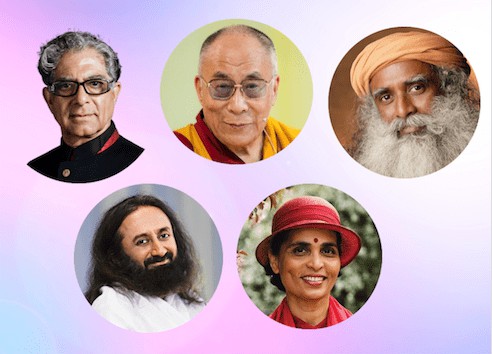Breathing is part of our nature. It is with us and within us. It is one of the most natural and powerful things we can practise.
Mindful understanding of our breathing can help us to relax and feel more in the present. In addition, it can reduce anxiety, support our wellness goals and even empower intimacy, depending on which techniques you practice.
In this article, we explore basic breathwork that can reduce anxiety, improve sleep and calm the mind. Breathwork helps integrate the body and mind, and it enhances our overall health and spiritual well-being.
Breathing is a fundamental tool in yoga and many other mindfulness practices and exercises. A basic and effective form of breathwork is the extended exhale, which can quickly help to switch on the parasympathetic nervous system. It enhances our rest and digestion. The extended exhale will help to calm you down, as it focuses your mind and helps you to feel more in the present. It is perfect in the evening before you go to bed or when you feel stressed.
You can practice it for just a few minutes when you feel overwhelmed. Practicing it before an important event can help you in switching your mind to the present.
Set your alarm and listen to this 90-second audio clip or simply follow these steps:
- Sit or lie down comfortably.
- Take a few natural breaths in and out through the nose to synchronise your breathing and mind.
- Become aware of your body and notice how you feel.
- Observe your exhales for five rounds of breathing.
- Start to extend your exhales by 3 counts.
- Repeat for 5 minutes.
- At the end, return awareness to your body to observe how you feel after this beautiful practice.
After some practice, you may notice that you are exhaling for more counts, naturally. That means your nervous system is regulating itself. A good goal to start with is 5 minutes every day for 7 days. You can increase the duration of the sessions when it feels right. Practising the extended exhale before meditation will help you to go deeper into the meditation.
Hinduism places importance on a vital principle that flows through the body called prana. This form of energy or internal breathing is one of the key concepts of yoga.
Respiration is a manifestations of prana. Recommendations for how to modulate breathing and influence health and mind appeared centuries ago. Pranayama (“breath retention”) in yoga was the first doctrine to build a theory around respiratory control, holding that controlled breathing was a way to increase longevity. Moreover, such techniques are safe and easy to use.
Read Next :
Yoga and Meditation Books to Inspire Your Practice
And if you liked this article, sign up for a monthly newsletter. A handpicked selection of lifestyle articles delivered to your inbox.










